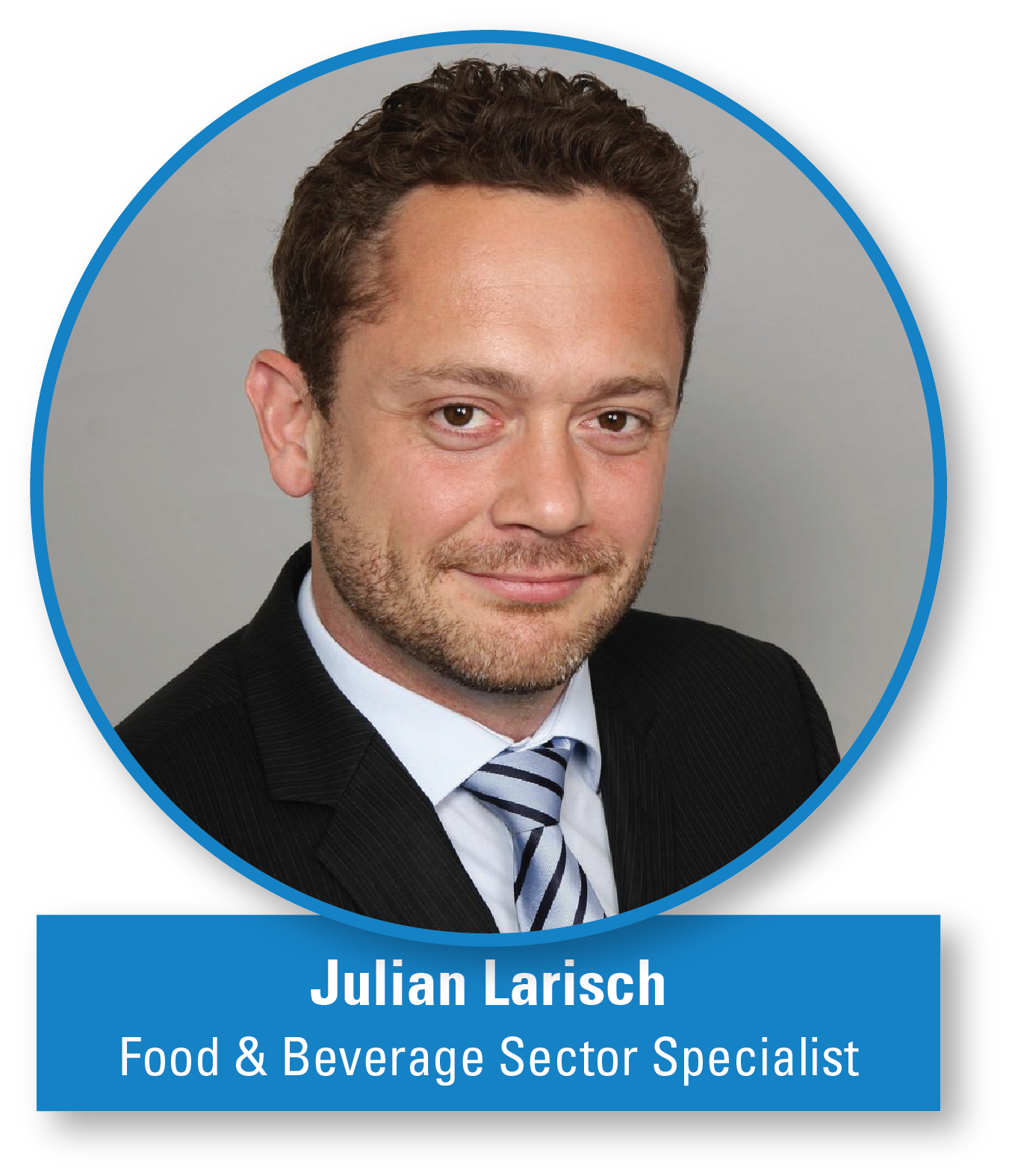Are Your Trap Filters Clogging Too Early?
Get Specialist Insights from Donaldson
Early filter clogging, increased downtime, production delays, and missed dispatch windows—our Food and Beverage sector specialist, Julian Larisch, takes a closer look at the issue and explores key factors that could contribute to reduced filter performance.

The Situation
A large brewery was running at full capacity, producing filtered lagers for both local markets and international distribution. The production team noticed that one line’s trap filters have been clogging well before they should. Normally, the filter would handle up to 300,000 hectolitres but had started hitting differential pressure limits at around 70% of that volume. That was resulting in more frequent changeouts, rising filter costs, and extra stress on the line crew.
As part of a routine procurement review, the brewery had recently tried out a new 5-micron trap filter. On paper, the specifications were similar. But in practice, something had clearly changed.
Meanwhile, QA raised a red flag. With more frequent interventions and manual changeouts, there was concern about the consistency of final filtration — particularly for batches heading into regulated export markets where microbiological stability and clarity standards are non-negotiable. One batch was even held for additional testing, further delaying shipments.
Tension rose across departments. The operations team knew something was off — this wasn’t just wear and tear. The question was: what changed?
Our specialists are ready to help troubleshoot your specific filtration and process integrity needs.
Looking closer: What could be causing the premature clogging? Julian considers some key factors.
With high output and multiple packaging lines, consistent product clarity, product quality and equipment uptime for this large brewery would be critical. This scenario would be understandably frustrating for them.
It is always advisable to take a closer look at the circumstances, as various factors can contribute to premature clogging. In this case, we will exclude raw material considerations and focus on the process and filtration aspects. A few possibilities stand out:
- Pressure surges in the kieselguhr filter might be disrupting the filter cake. If a sudden spike forces DE particles through, the trap filter ends up doing more than its fair share — catching a heavy load in a short time. Technically, the filter is doing its job. But it’s not designed to handle that volume of particles over that little beer. If they stabilize pressure fluctuations during DE filtration, they’re less likely to see filter cake disruptions — which means fewer fines making it downstream and a trap filter that lasts as long as it should.
- Cleaning procedures should also be scrutinized. It’s possible that during a CIP cycle, an incorrectly activated valve sent DE-laden cleaning solution through the trap filter. Again, it did its job — but not on beer. That kind of unexpected load could explain the shortened lifespan. If they review their CIP valve sequencing, they can prevent accidental flushing of particulates through the trap filter, protecting it from unintended loads.
- Then there’s the filter itself. The brewery had recently tried out a new 5-micron filter. It’s important to note that not all 5-micron filters are created equal. Some are nominal-rated, offering 70–98% retention efficiency. Others are absolute-rated, with a 99.98% retention rate — meaning only 1 out of 5,000 particles of that size gets through. On paper, there is no visible difference. In practice, they perform very differently.
If the operations team reassess the filter specification and confirm whether a nominal or absolute filter is actually needed, they can avoid mismatches in performance. For instance, switching to an absolute-rated filter like Donaldson LifeTec™ PP100 N could offer more consistent retention — or, if a nominal filter is sufficient, they can at least ensure the chosen product meets the same performance curve. And if they track service life across filter types and vendors, they can optimize for cost and longevity — while maintaining product quality.
In summary
In a high-output brewing environment, these small oversights can snowball fast. The good news is that with the right expertise and a targeted filtration assessment, the root causes are usually within reach — and so are the potential savings. Donaldson is here to help.
To learn more about our filtration solutions, please visit our website.
2025 Donaldson Company, Inc. All Rights Reserved | Privacy Notice | Manage preferences

